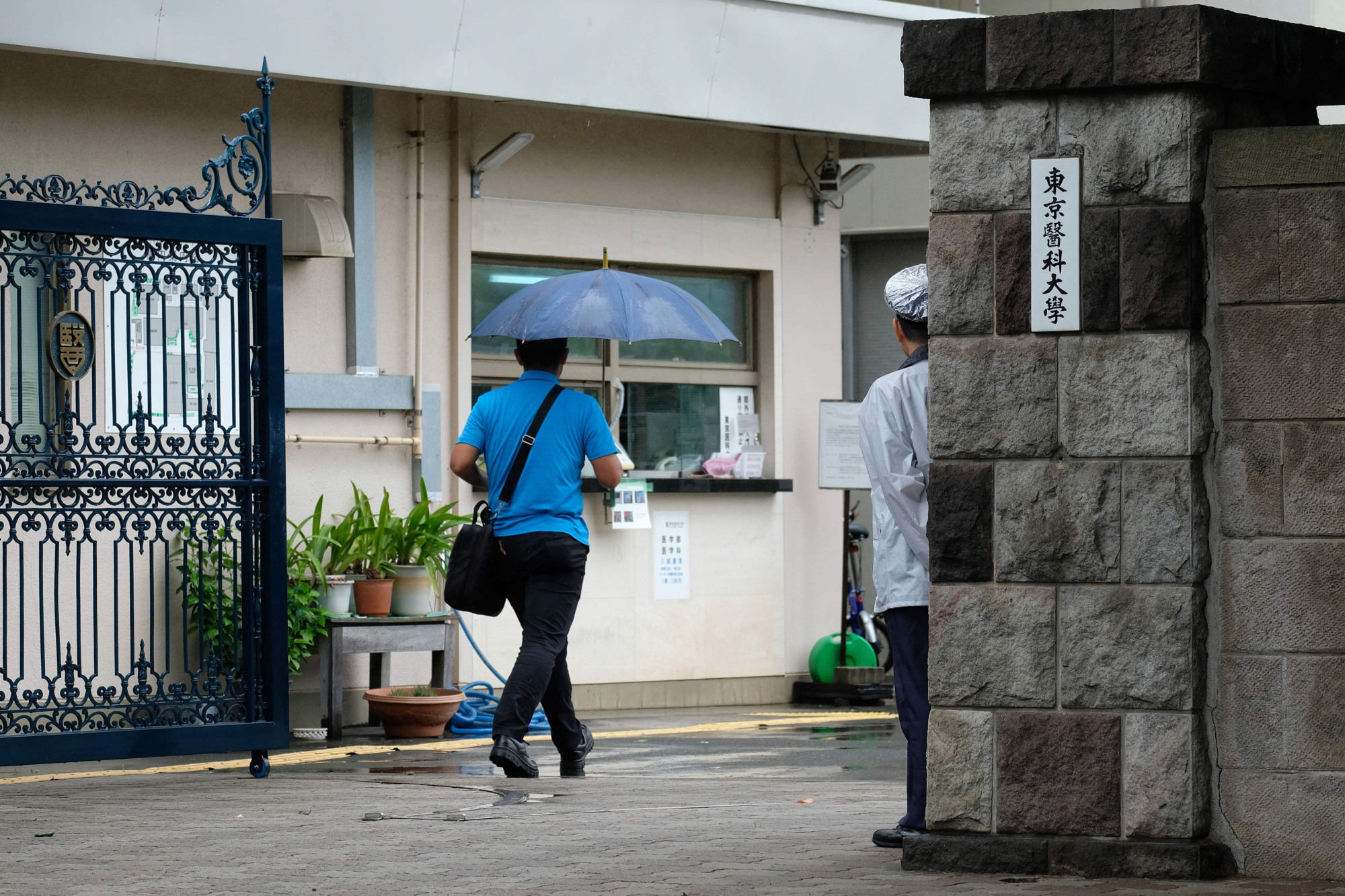As outrageous as the Tokyo Medical University scandal may be, it is hardly an isolated incident in Japan — a country plagued by misconduct related to gender discrimination. The university's systematic manipulation to reduce entrance test scores of female students, in order to marginalize women, is unforgivable. The fact this scandal has taken place at a prestigious university that was selected by the education ministry to receive special government funds to increase the number of female students is even more mind-boggling.
The Abe administration has implemented a number of initiatives in the past several years to promote "a society where all women shine," which has become a familiar government slogan that is heralded at numerous gender-promotion events. Yet Japan's rankings in international gender indices, including the well-known World Gender Gap Index conducted by the World Economic Forum, have been slipping and are now hitting all time low levels. Clearly, there is something very wrong in this country.
Evidence suggests that female talent is grossly underutilized in Japan. The numerical and literacy skills of the nation's adult female population are at top levels globally, according to a survey conducted by the OECD. Yet, female representation in occupations requiring high levels of expertise and specialization, including medical doctors, is abnormally low.


















With your current subscription plan you can comment on stories. However, before writing your first comment, please create a display name in the Profile section of your subscriber account page.